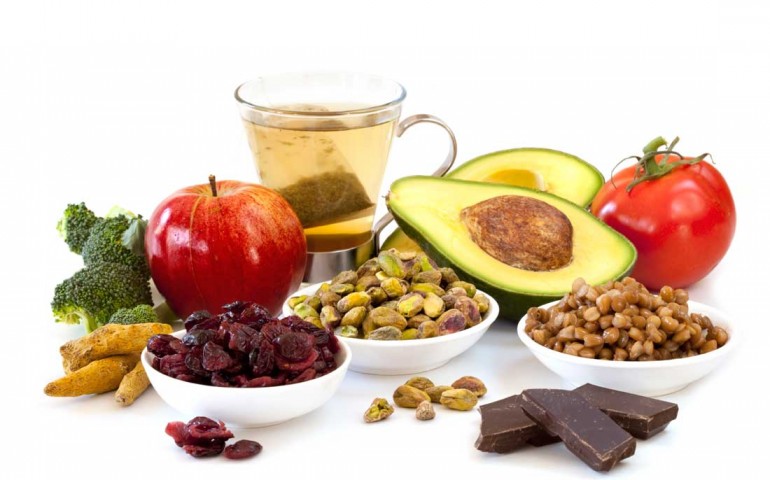Our body can function properly only if there are enough minerals in our system. They are essential to support our body and they can maintain fluid balance, regulate blood pressure and promote metabolism.

- Calcium: Calcium could actually make up 1.5 percent of our body weight. It is essential to promote strong teeth and bons. Calcium could also help nerve transmission, muscle contractions and control blood pressure. Children under 6 months require about 210mg of calcium each day and elderly may require up to 1200mg each day. Dairy products are preferred sources of calcium and cheese may contain up to 700mg of calcium per 100 grams.
- Chloride: Together with sodium, chloride forms the common salt. Enough chloride in our system could help to support metabolism, remove waste material, maintain fluid balance, maintain blood pressure and assist the production of glandular hormones. Good source of chloride is actually not salt itself. W should get it from whole grain bread and olives. Unfortunately, high consumption of chloride may cause high blood pressure, fluid retention and breathing difficulties.
- Magnesium: Magnesium is incredibly essential and it has an involvement in more than three hundred biochemical reactions in our body. Magnesium is essential to support healthy bone growth, help our nerves to relax and promote metabolism. Best sources of magnesium are brazil nuts, almonds and spinach. Excessive consumption of magnesium could cause stomach cramps, fatigue and diarrhoea. However, magnesium deficiency could result in vomiting, numbness, nausea and muscle cramps.
- Phosphorus: Phosphorus should work in conjunction with calcium to promote the development of teeth and bones. It could assist in the production of RNA and DNA, which are basic carriers of genetic information. Food rich in phosphoris include chicken, cheddar cheese and beef fillet steak. Deficiency may result in overall weakness, softening of the bones and anemia.
- Potassium: Potassium is essential because it can support healthy metabolism, regulate blood pressure, promote muscle growth and maintain fluid balance. Food rich in potassium include bananas, dried apricots and spinach. Muscle cramps, dry skin and confusion are symptoms of potassium deficiency.
- Sodium: Sodium can help other minerals remain soluble in the blood. It supports the normal functioning of vital organs, promote healthy metabolism and maintain joint flexibility. Table salt is the richest source of sodium, followed seafood, olives and cheddar cheese. Because salt is a common ingredient, excessive intake of sodium is quite common. It can lead to kidney disease, heart disease, high blood pressure and fluid retention. Sodium deficiency is incredibly rare these days, but it could cause nausea, headaches and confusion.
- Sulphur: Sulphur is important to maintain the proper functioning of skin and joints. It helps to maintain metabolism and keep the skin, nails and hair healthy. Common sources of sulphur are eggs, chicken and brazil nuts. Sulphur deficiency may cause skin problems, joint inflammation and circulatory problems. People with arthritis are advised to make sure that they have enough nutritional sulphur in their body.
